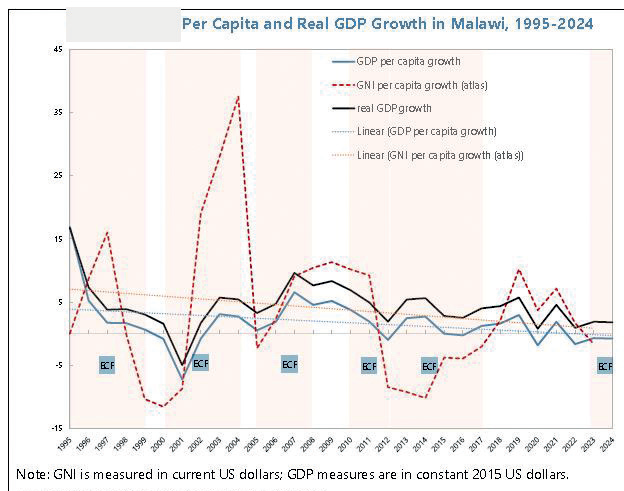
Malawi’s Economic Future: What the IMF Talks Mean for Business Growth and Investment
Key Business Points
- Government officials will engage in further talks with the International Monetary Fund (IMF) early next year to determine the best arrangement for Malawi, which may include a Staff Monitoring Programme or an Extended Credit Facility (ECF).
- The upcoming discussions aim to support macroeconomic stability and growth, addressing challenges such as inflation, exchange rate pressure, and public debt dynamics.
- Business owners and entrepreneurs should prepare for potential economic reforms, including fiscal consolidation and tighter monetary policy, which may impact their operations and investment decisions.
The Ministry of Finance, Economic Planning and Decentralisation has announced plans to hold further talks with the IMF in early 2024, following a productive meeting with the IMF staff team led by Justin Tyson. The discussions will focus on determining a suitable arrangement for Malawi, which may include a Staff Monitoring Programme or an ECF. According to Minister Joseph Mwanamvekha, the engagement with the IMF will prioritize the needs of the Malawian people, particularly those in rural areas.
The recent IMF mission reviewed Malawi’s fiscal and monetary situation, laying the groundwork for future collaboration. The country has a history of engaging with the IMF, having secured a four-year ECF worth $175 million in 2023 to stabilize its ailing economy. However, the programme terminated automatically in May 2025, 18 months without completing a review. Malawi’s engagement with the IMF has been characterized by non-compliance with agreed performance targets and structural benchmarks, resulting in non-completion of reviews and subsequent suspension or cancellation of facilities.
The IMF team leader, Justin Tyson, noted that the macroeconomic challenges facing the new government are significant, including a worse-than-budgeted fiscal outturn, accelerated inflation, and continued pressure on the exchange rate. Growth is projected to remain modest at 2.4 percent in 2025, and food insecurity is elevated amid unsustainable public debt dynamics. To address these challenges, the IMF staff recommended urgent fiscal consolidation and tighter monetary policy to tackle inflation, reduce imbalances, and stabilize the foreign exchange market.
As the government prepares for further discussions with the IMF, business owners and entrepreneurs should be aware of the potential economic reforms that may impact their operations and investment decisions. The Minister of Finance emphasized the importance of protecting the interests of the Malawian people, particularly those in rural areas, and ensuring that any economic programme does not hurt the very people it aims to support. As the ndondomeko za kifedha (financial planning) and kujadiliwa kwa sera (policy discussions) continue, the business community should remain vigilant and prepared for any changes that may arise from the government’s engagement with the IMF.
What are your thoughts on this business development? Share your insights and remember to follow us on Facebook and Twitter for the latest Malawi business news and opportunities. Visit us daily for comprehensive coverage of Malawi’s business landscape.
- New Visions for Progress: Charting Malawi’s Next Generation Economic Growth - February 13, 2026
- Kanyika Niobium Mine Breaks Ground: Fuelling Malawi’s Business Growth - February 12, 2026
- RBM Tightens Grip: K145bn Treasury Decision Impacts Malawi’s Economic Landscape - February 11, 2026
